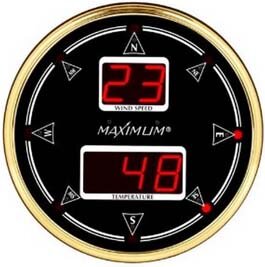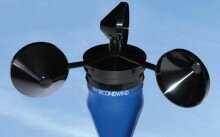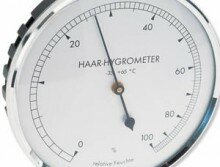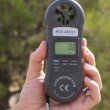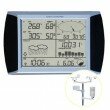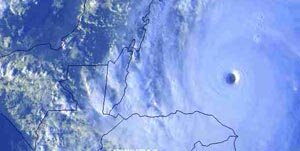 Do you have an interest in the weather? If you enjoy watching and tracking storms or have an interest in what causes certain weather patterns or climate issues, you might enjoy learning more about and possibly pursuing a career in meteorology.
Do you have an interest in the weather? If you enjoy watching and tracking storms or have an interest in what causes certain weather patterns or climate issues, you might enjoy learning more about and possibly pursuing a career in meteorology.
Meteorology is the study of weather and the atmosphere. Meteorologists use information gathered from the land, sea, and atmosphere to observe and study weather conditions. They use mathematics, computer software, radar, satellites and other high tech equipment to make predictions and forecasts concerning weather, climate patterns, climate change, and more. Their knowledge is then used to predict and warn others about the perils and dangers of upcoming hurricanes, tornadoes, and other weather phenomenon.
If you are interested in a career in meteorology, one of your first actions should be to sign up for some meteorology courses. At the minimum, you we will likely need a bachelor’s degree in meteorology or atmospheric science, which increasing more schools are making available to their students. Many meteorologists also have additional degrees in fields such as physics, mathematics, and chemistry. If you are interested in atmospheric research, a master’s or doctoral degree will be required in many cases. If you are interested more in global warming and climate change, you should look into taking classes in subjects in biology, ecology, and oceanography in additional to your regular meteorological courses.
Another consideration will be the career opportunities you plan to pursue upon graduation. When most people think of meteorology, they often picture the person on TV giving us information about temperature and precipitation, but there are many possible career paths you could follow. For example, you could work as an atmospheric researcher, a teacher or university professor, a photographer, or even a professional storm chaser.
Companies and industries also hire people with meteorological expertise. Meteorologists provide their experience and knowledge to contractors when designing bridges, airports, and other projects. The heating and air conditioning industry also relies on the help of meteorologists. And with all the recent advances in home weather stations and forecasting units, opportunities are also available in computer software and information systems fields.
If you have a curiosity about the world we live in, would like to work in a scientific field, and you enjoy math and science courses, meteorology just might be the perfect career for you.




